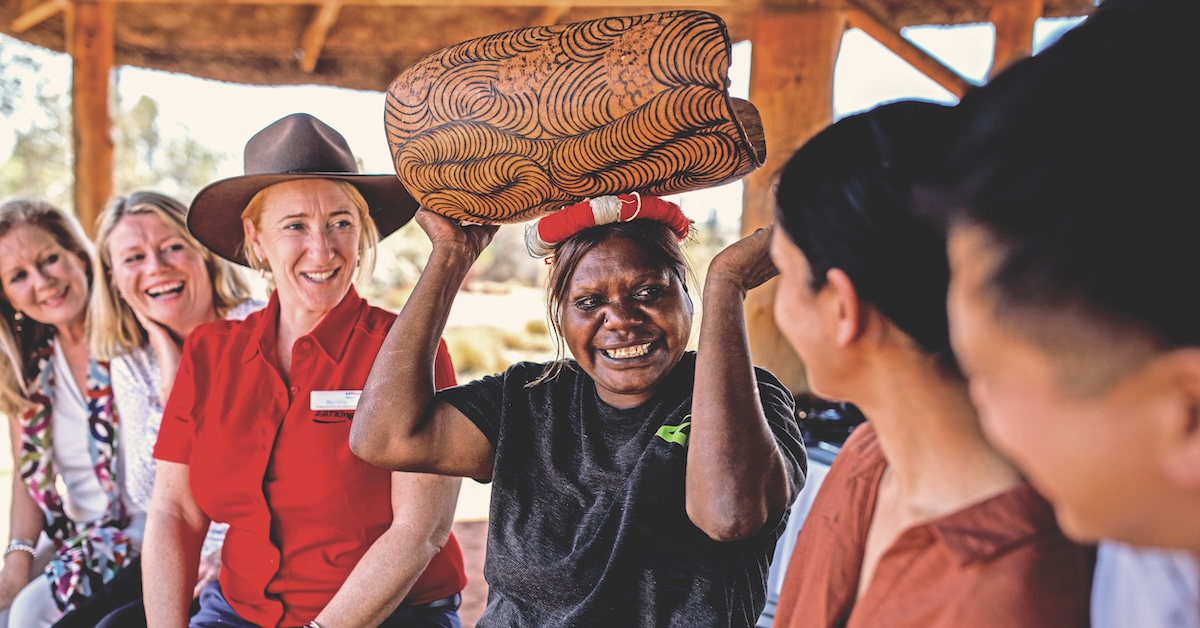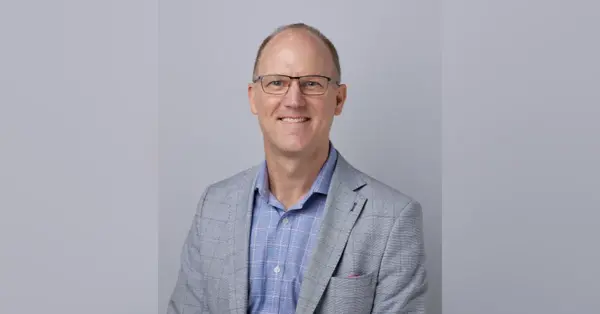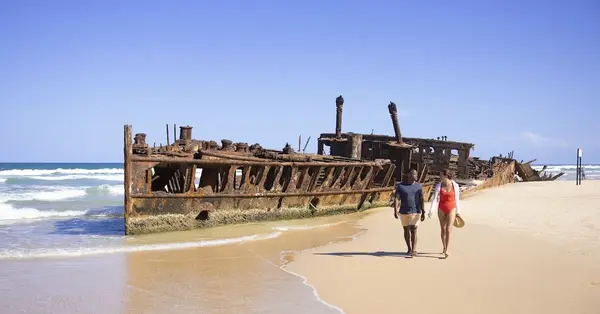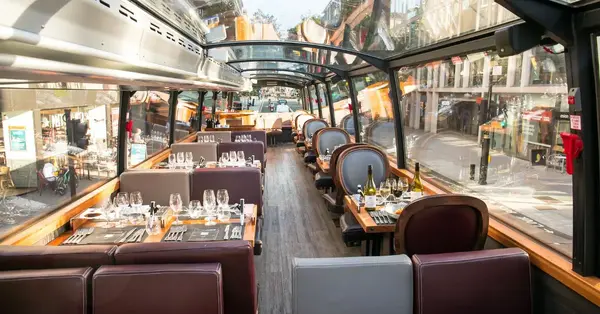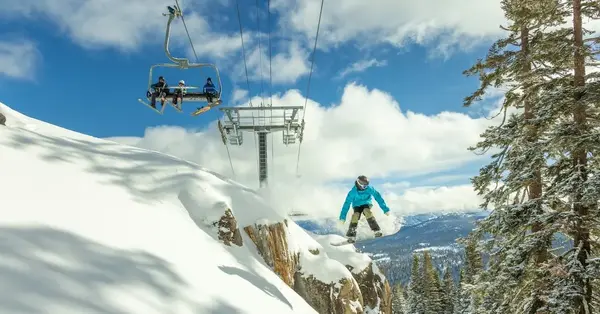Special Report: Travel Weekly coronavirus round-table
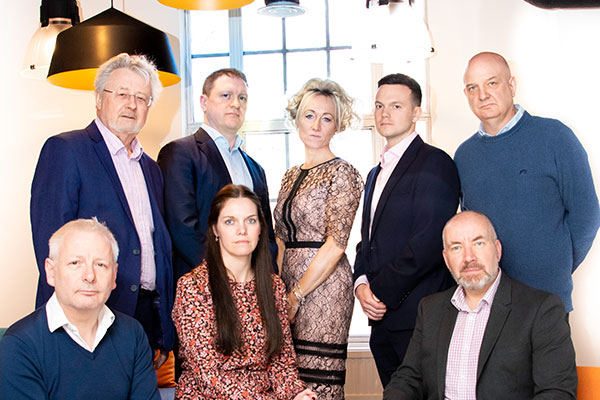
Lewis warns businesses to ‘plan how to survive’
The industry is in a “brutal” situation and faces its biggest-ever challenge, The Travel Network Group chief executive Gary Lewis warned last week.
Lewis told fellow industry leaders: “Every business should be planning how they survive next week, next month, the next two months.
: Latest coronavirus news and updates
Travel Weekly coronavirus resource centre
“We’re talking about the whole market 60% down, cruise 85% down. If we get that week on week on week it will have an enormous impact.
“Are we going to see these levels of bookings and trading until July? Very few travel companies have cash to last months at 85% down. That is why it’s a crisis.”

Lewis noted the government is trying to delay the coronavirus epidemic peaking until May and June, saying: “The government is trying to achieve a delay until the summer. We should be going along with that message, as brutal and as terrible as that is [for travel].
“It’s brutal because some businesses will not survive if this lasts four months. Some won’t survive if it lasts one month. The reality is the industry is not going to survive if it’s 12 months. So what should we be doing to get through?
“The whole chain is integrated. We’re all exposed to suppliers toppling over, to delayed cash payments. The crisis is [around] cash, and nobody knows how long this is going to last. So businesses need to work out how they going to get cash and for how long.”
Lewis noted the chancellor’s Budget last week “signalled some opportunities”, and said: “People should be looking at every opportunity – at controlling costs, cutting costs, having honest conversations [with business partners].
“If we are in lockdown for two months, everyone has to look at their business and what the impact of that will be. The only things we can control right now are the conversations with existing customers and how we control costs.”
He added: “Businesses fail slowly and then very quickly. You have to be taking actions early enough to get through to the other side.
“We’ve been advising members for three weeks that the only things they can control are their costs.”
‘Industry needs support or will go into tailspin’
Businesses need urgent help from the government to prevent multiple failures, but measures in last week’s Budget went only part way in meeting industry leaders’ concerns.
Abta chairman Alistair Rowland said: “Abta lobbied before the Budget for bridging loans and credit availability, business rates relief, VAT and PAYE [tax] relief and payment holidays. There was a bit of recognition for small firms but not a lot, and not for medium and large businesses.”

Barrhead Travel president Jacqueline Dobson said: “The Budget was all about SMEs. There is no government help as yet for larger businesses with things like rates.”
Josh Stevens, strategic development director at Barrhead parent Travel Leaders Group, said: “We need support if this industry isn’t going to go into a tailspin. We’re doing more work but receiving very little commission.”
Campaign ‘risked losing public trust’
There has been sharp debate over the messages the industry sends consumers amid criticism of The Advantage Travel Partnership’s ‘Keep Calm, Travel On’ campaign launched last week.
Aito chairman Derek Moore said: “The pick-up on social media when that ‘Carry on’ message came out was, ‘The travel industry is more bothered about generating customers than about people’s health’.” He warned: “If we’re not careful we’ll lose the trust of the public. When it’s OK to travel, we need people to trust the industry because we didn’t shy away from admitting the problems.”
Barrhead Travel president Jacqueline Dobson said: “We can’t tell customers to travel – we definitely can’t do that. We’re not able to say whether it’s safe to travel or not.”
Josh Stevens, strategic development director at Barrhead parent Travel Leaders Group, agreed: “Trust is really important. When consumers are worried about travelling, we’re not saying ‘travel’ or ‘don’t travel’. We’re saying ‘check what the authorities are saying’. We don’t want to pressure anyone.”
The Travel Network Group chief executive Gary Lewis said the ‘travel on’ message was “absolutely wrong” but added: “I understand why they got it wrong. Our conversation with some members was ‘let’s be positive’. Some members absolutely wanted that, but it has to be a message that is not going to have a negative reaction – when nobody really understands the implications of the virus.”

Advantage leisure director Kelly Cookes pointed out the campaign launched when “most of the world was still open for business”. It had since evolved, she said: “The messaging now is two-pronged: ‘use your local travel agent, they are your expert’ and ‘refer to the correct organisations for guidance’.”
It also aimed at “not taking travel off the agenda”, she said, arguing: “At some point, travel will come back.”
Alistair Rowland of Midcounties Co-operative said: “Advantage needs applauding for wanting to front a [campaign] talking up travel. But for me, ‘travel on’ was too positive and was overtaken [by events].”
What’s your business doing?
As well as dealing with cancellations and a bookings meltdown, firms are making plans to vacate offices and survive without income
Alistair Rowland, chief retail officer for specialist business: “We have a mitigation plan for offices – we expect at some point to be operating from home or from a remote site.
“We’re working through responsible communications and business protection, and a plan for what we do with people. We can offer a choice of voluntary holidays or transferring people, putting them in food stores, for example.”
Kelly Cookes, leisure director: “We anticipate [working remotely] happening sooner rather than later. We’ve trialled all the business-critical departments working from home. We’re confident we can do it. We’re not in a place where we need to look at personnel yet, but people’s roles will potentially change.
“We’re talking to members about contingency planning, cash-flow, also practical information – how to negotiate a break in a lease, templates to write to local suppliers.”
Gary Lewis, chief executive: “Dealing with customers is a huge part of the support we’ve given members – the impact of FCO advice changes, impact of quarantines, insurer product issues around disruption and supplier failure cover.”
Josh Stevens, strategic development director at the parent company of Barrhead Travel: “Travel Leaders’ push has been to protect our staff and our customers. We’re planning for this week, for two weeks, for two months’ time, operating as leanly as we can, making sure we have a plan if there is a lockdown.”
Martyn Summers, executive director: “We got experts in to talk about cancellation polices, employment law – that is critical. We need to look at counselling if people are in a really desperate state.”
Andy Harmer, UK and Ireland director: “We can’t forget it is individuals who are dealing with these issues and, with so much happening so quickly, individuals can get overwhelmed. We see Clia’s role as ensuring everyone has the right information and knows what is going on, communicating to individuals on the front line on as many different platforms as possible.”
You have viewed both of your 2 free articles this month as an unregistered user
To continue reading free of charge, please
If you have registered previously, please complete your details to login:


